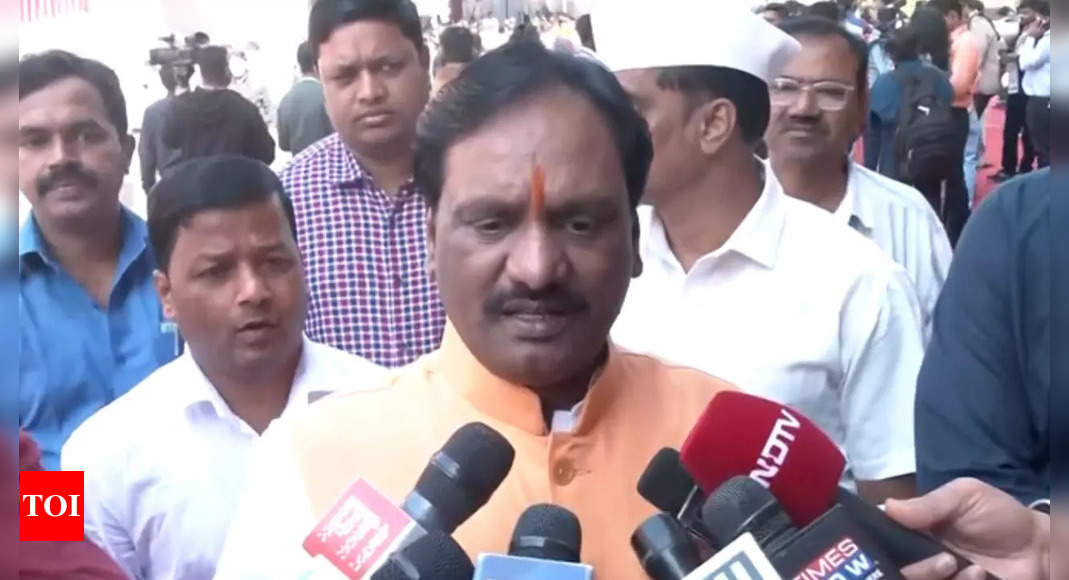For decades, a global guessing game has focused on whether the people of China will tire of single-party rule. Any failure to sustain a heady pace of economic expansion, went one hypothesis, would stir mass discontent and put its Communist regime on notice. With growth having slowed sharply, crunch time is here.
Its GDP grew by 5.2% in 2023 and would be lucky to notch 5% this year. A decade-old strategy of shifting the bulk of its value generation from exports to domestic consumption has fared poorly, while President Xi Jinping’s call for “common prosperity” has remained a slogan. China’s property sector remains in a deep slump, with home values dropping and builders at risk of going bust before they can deliver flats.
Other sectors are also haunted by deflation, which can easily get generalized to form a self-fulfilling threat, since it dissuades consumer spending, softens demand further and makes it harder for businesses to pay back loans. Monetary and fiscal policy have tried to cushion the impact, partly by propping up assets and pushing money around, but hard times prevail for large numbers.
Should Donald Trump erect barriers to Chinese imports once he takes over as US president, the going will get tougher. Beijing is only too aware of people’s patience running thin, judging by its response to flickers of unrest.
Small protests by workers, home-buyers and other citizens have soared this year, with their list of grievances led by unpaid salaries, stalled housing projects and refund failures. Recent weeks have seen a spike in incidents that may stem from high levels of anxiety and frustration. There have been outbreaks of individual violence, for example, and unruly patterns of behaviour that suggest anger.
To pre-empt disorderly conduct, China has stepped up security at various places. Reports indicate intensified social surveillance, especially on the internet, to spot potential disruptors. While the web being broadly under the state’s watch is taken as a given, what seems new is a vigil to identify folks faced with hardship who might be venting emotions that could fan dissent and endanger social stability, with the latter portrayed as a public good put at risk by the former.
Internet censors are seen to be in overdrive mode, too, with viral views on China’s weak economy likely to get scrubbed off. An apparent attempt to suppress speeches by two Chinese economists, one on youth distress and another on the need for candid analysis, reveals fraying nerves in Beijing.
Information clamps are bad for an economy. At the macro level, a lack of diversity in opinion on public policy exposes it to the ill-effects of group-think. If dissent is not aired and space for debate shrinks as a consequence, even belated correctives cannot make up for policy errors. That a local economist had to speak up on why China must confront reality speaks volumes.
Investors need facts, not fudge, and retaining their confidence is among the aims of its central bank. Muzzled voices are often taken by global markets as a signal of smoke-screen tactics. For that reason alone, bad news being obscured is never good news. The need to let reliable data get around freely is evident elsewhere too.
If China’s real-estate crisis is proving so hard to resolve, for example, it’s at least partly because market processes are too data-starved to help. Even in an economy that mixes the efficiency of market forces with the opacity of central command, an information choke could make matters worse. Can Beijing afford that?



